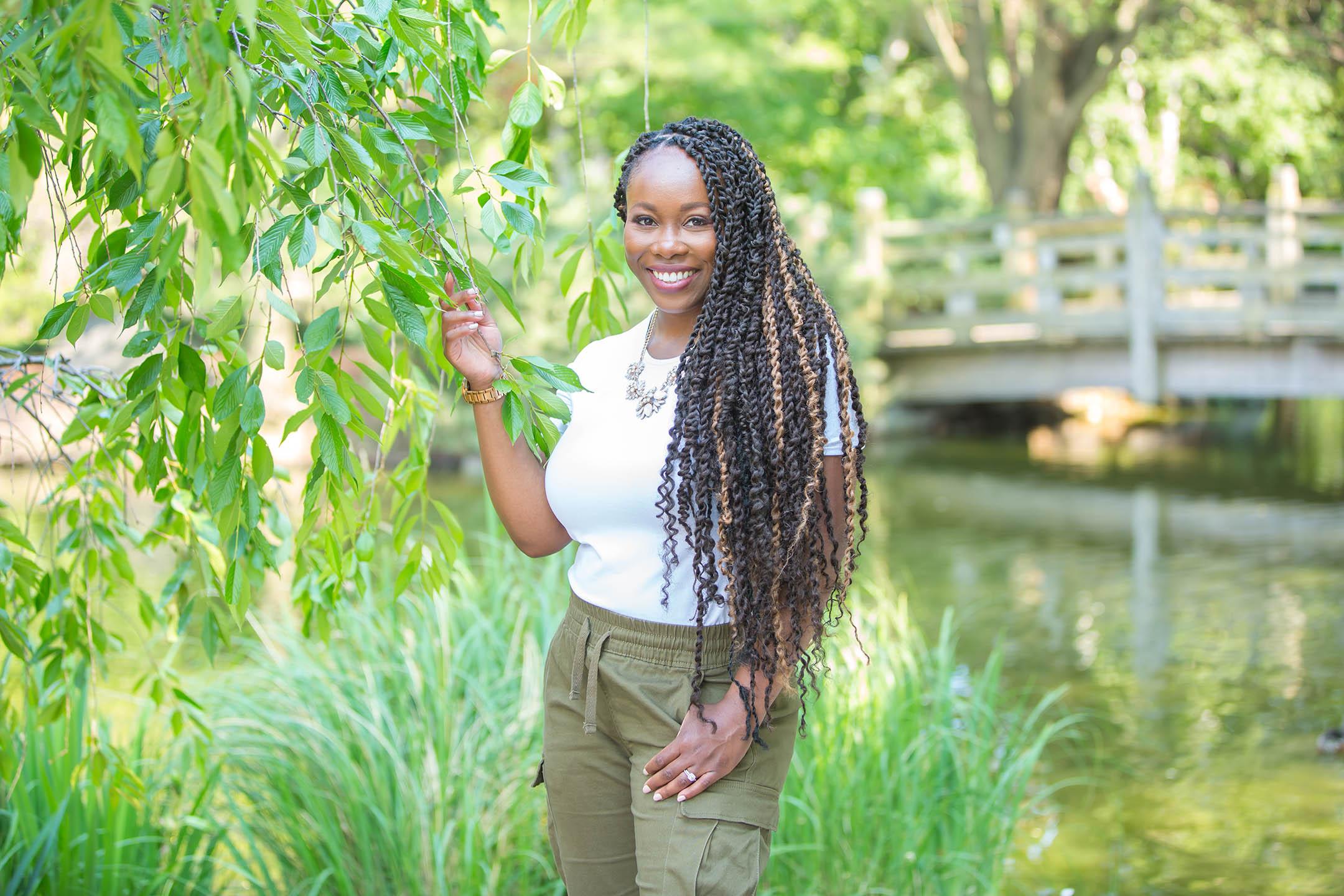By Anna Wdowczyk
Schools need to embrace intersectionality when it comes to teaching and accommodating disabilities, according to Black scholars Alison Smith and Patricia Hall.
Smith, a PhD student at the University of Toronto, focuses her work on the experiences of Black disabled children in education. Her research aims to bring these children “from the margins to the centre,” she said at an event called Amplifying the Voices of Black Scholars on Feb. 2, hosted by The School of Early Childhood Studies.
Smith said she used a Black feminist approach in her research to identify the need for an intersectional approach when dealing with childhood diabilities. She looked at anti-Black and ableist barriers in early education, considering both the social and colonial constructs of disabilities.
“Blackness and disability are both political, social constructs of identity that may affect the ways Black disabled children and their families navigate early childhood and educational systems,” she said. “Disability support spaces can, within themselves, be very white. And so [Black disabled children] can struggle with being able to exist fully as themselves within those spaces.”
Smith found these children are more prone to feeling excluded at school because they may experience anti-Black and ableist discrimination. Additionally, they may struggle with being misunderstood in their own communities because there are so many cultural and religious associations with disabilities among Black communities.
When considering how Blackness and disability intersect, Smith said it’s crucial to note Black families may be more hesitant to trust Ontario school systems that are “based in colonial and capitalist pursuits.” She added many families are wary of the idea that the stigma around their child’s disability may exacerbate their experiences with racism.
According to Smith, it’s important to position children “holistically at the centre of interactions within family, community and larger institutional and political structures.” This can help family members and school staff understand exactly how the child has to “juggle between the two worlds” of race and disability.
She said considering cultural differences of trust and intersectionality is also important for the Ryerson community as we see more advocacy for inclusive course content, resources and combating anti-Black racism.
We need to develop our awareness about how these intersecting identities can further oppress children and their families in society “to make sure that [we’re] not part of the oppression or part of the problems that impact the system,” Smith added.
“Lack of representation in the early learning environment”
Hall, a doctorate candidate at York University, completed a study on what it takes to raise healthy Black children from a mother’s perspective.
Her research looked into whether parents engage in any form of racial socialization, as well as how they think Black or biracial identities are represented in early childhood education.
Racial socialization can include a wide range of practices like buying Afro-centric dolls, using traditional music instruments and talking about why they have different skin colours or hair types from an early age.
All five participating mothers said they partake in some form of racial socialization, and that they did so “to strengthen and to build their children’s resiliency to bias and inequality in society,” said Hall.
When it comes to equality in education, Hall’s findings revealed there is indeed a “lack of representation in the early learning environment.”
Four out of five mothers to Black and biracial children reported their child’s identity isn’t represented in their childcare centre.
“The racial makeup of mostly white teachers will tell [Black and biracial children] the truth about being Black in Canadian society,” said Hall. Racialized children will likely realize there’s a disconnect between their cultures and the predominantly Euro-centric backgrounds of their early educators. Mothers in the study recognized that this places their children at a disadvantage when it comes to learning about their own heritage, according to Hall.
“Since children are developing their racial identity as early as preschool years, it’s really important that educators monitor closely classroom practices that alienate, silence, or dismiss issues that children encounter regarding race and status,” she added.
It’s also important for parents to play a role in the child’s early education, according to Hall. Altogether, these factors are “really critical in the development of children’s self-concept, self-esteem, racial attitudes and identity.”
Hall said school staff and social workers should make efforts to learn about student cultures by reaching out to parents and speaking openly about diverse backgrounds.
“Regardless if you have a child who is Black or of another nationality in your classroom, you should make sure you’re having that conversation with parents,” said Hall.
However, “we don’t want to over-generalize and say ‘this is what Black identity is,’” she continued, as there are so many different traditions and norms that vary from one Black family to another that getting to know each individual student requires a personalized approach.












Leave a Reply